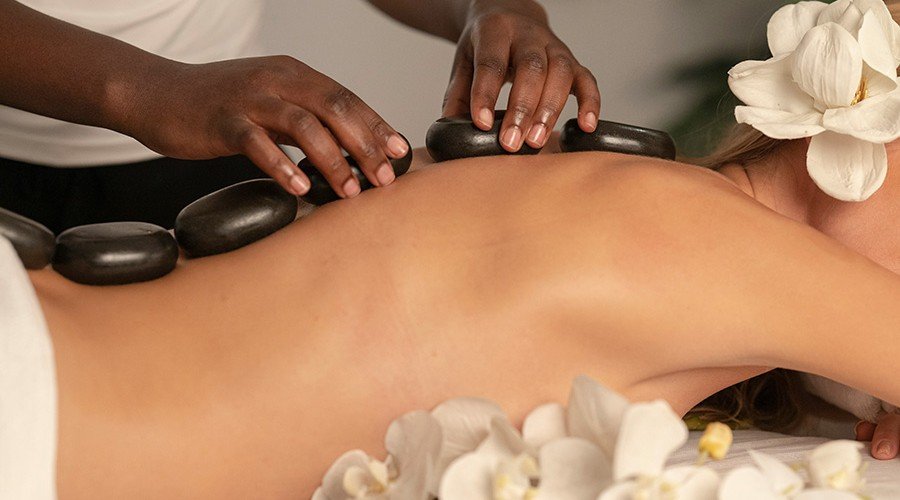
Triathletes live and breathe their training, often wrestling with the reluctance to rest their bodies. For such an enduring sport, it’s no surprise that turning off our champion mindset and focusing on rest feels oddly unsettling. But if you're overlooking your recovery, you may not be maximising your training and reaching peak performance as effectively as you could be.
In this article, we’ll dive into the importance of rest and recovery and the benefits you could be missing out on.
Muscle Repair and Growth
When you are preparing for your upcoming triathlon race, your body will endure a fervent level of stress, causing fatigue and soreness. In this phase, your muscles are breaking down. By resting, you undergo a process called protein synthesis, allowing your body to repair muscle fibres, which leads to greater strength and muscle growth.
Mental Reset
Sometimes, to move forward, you need to give yourself time to reset. Tackling a triathlon is extremely demanding, and without proper rest, you leave yourself susceptible to burnout. By unplugging from the intense sessions, you can lay the groundwork for an even stronger race outcome, as you'll come back with new vigour and mental clarity.
Injury Prevention
You've heard time and again that too much stress on the body without any rest can set back your progress. The most discouraging feeling you can have as a triathlete is not being able to train to the best of your ability. Training through fatigue can be counterproductive: when you are sick or utterly exhausted, your form will start to break down, potentially increasing the risk of injury. In this case, it's imperative to prioritise your recovery and give your joints a break.
Improved Performance
In the long run, recovery is essentially what keeps you consistently healthy and able to push your boundaries when tackling a triathlon. If you achieve the right balance between work and recovery, you’ll reap the benefits of a process called supercompensation, which occurs in the post-training phase. By prioritising rest, you allow your body’s performance capacity to surpass its normal limits by acclimating to the previous stress. This allows you to perform in a heightened state of readiness, reaching peak performance.
Restored Energy
Tackling a triathlon is a gruelling sport that demands a lot of physical and mental energy. Focusing on your recovery will allow your body to replenish glycogen stores and restore energy levels.
Conclusion
As a triathlete, it’s easy to fall into the trap of feeling like you’ve not accomplished anything if you’re not training, but rest and recovery are crucial components. It is not just beneficial, but essential to your performance and overall well-being. It’s where your body has the time to repair the damage, replenish glycogen stores, muscle tissues, and reduce inflammation – all of which will result in better performance in the long run.

